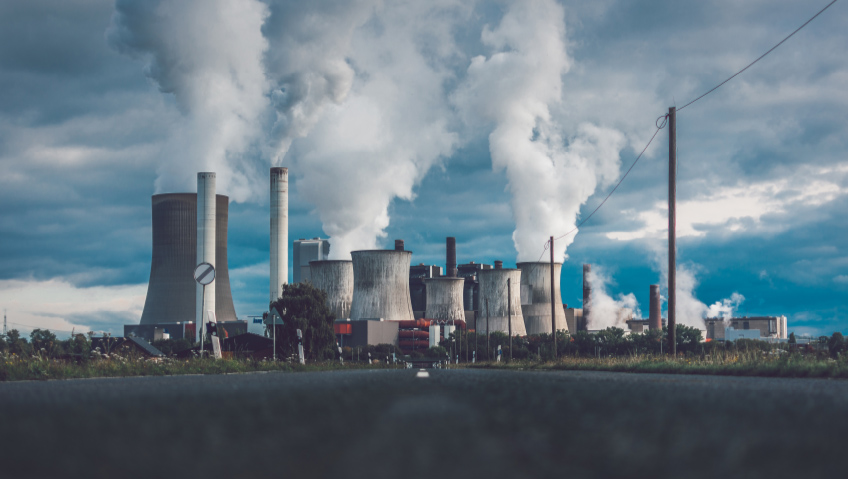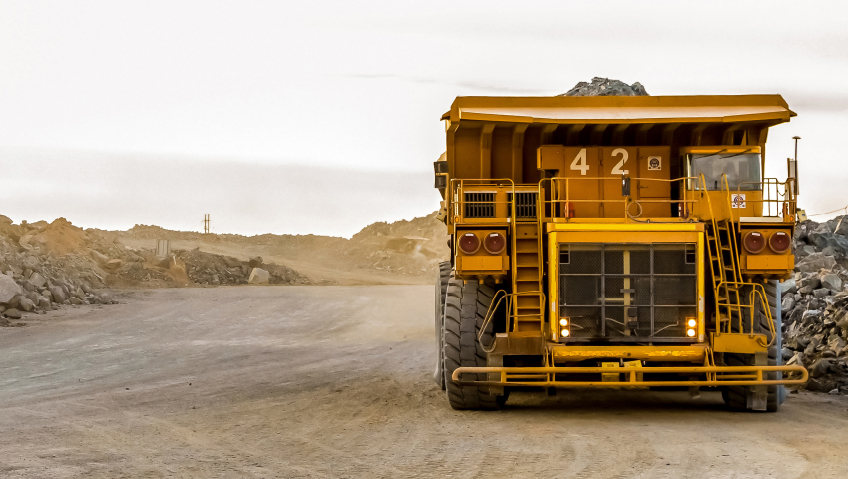He’s never been one to shy away from controversial comments. Yet billionaire Elon Musk’s recent statements on the resource sector are slightly surprising, considering he’s the co-founder of Tesla, a leading manufacturer of electric vehicles, solar panels, battery storage devices, and other clean energy products.
Speaking at a recent conference in Norway, Musk called for more oil and gas exploration and drilling, not less.
“Realistically, I think we need to use oil and gas in the short term because otherwise civilization will crumble,” he said. “One of the biggest challenges the world has ever faced is the transition to sustainable energy and a sustainable economy. That will take some decades to complete.”
Almost half a century after the energy crisis of 1973 when Arabic oil producers under OPEC halted sales of crude oil to the United States, and a second one in ‘79 due to reduced oil production during the Iranian Revolution, the world is again at an energy crossroads.
In 2022, an unhappy confluence of factors—notably major oil producer Russia invading Ukraine in February and threatening to cut off supply along with sluggish post-COVID economic recovery and worker shortages—echoes the dark days of the seventies.
Add to the equation the global push toward reducing 2005-level greenhouse gas emissions by 50 to 52 percent by 2030, and the world is likely in for energy shortages, high fuel prices, and rolling blackouts once again.
Decades ago, the push was on to conserve energy and cut skyrocketing fuel prices by buying smaller vehicles, lowering the thermostat in winter, and putting on sweaters to save on home heating costs. Trading in massive, 12-miles-per-gallon V8 Cadillacs for smaller AMC Gremlins, Volkswagen Beetles, or a moped or bicycle wasn’t unusual; today, it is battery-powered e-bicycles, scooters, and electric unicycles.
In his speech, Musk noted that while the world needs more oil and gas, we also need to move simultaneously toward “a sustainable energy economy,” one supported by bolstering battery storage technology, greater investments in wind, solar, and geothermal energy, and maintaining nuclear power plants. Considering what’s going on with the world’s energy supplies, he’s right.
Long dependent on Russian oil and gas, Germany—which earlier vowed to cut out the use of coal as a source of energy—did a recent about-face, pushing back the date of completely eliminating coal from 2030 to 2038.
Worldwide, utilities and governments are scrambling for power and running out of excuses. In the U.S., California is praised, and criticized, for its policies on sustainable energy. Recently, wind and solar proved inadequate to meet the needs of the state’s businesses and residents when brutal heat waves exacerbated the demand for air conditioning.
The New York Post recently called the state an example of what happens when a single political party tries to “impose a green-energy secular religion on their people. State officials have banned the sale of gas-powered cars by 2035, but a preview of the nightmare that could occur in the near future is happening now.” Californians are being instructed not to turn on their AC units until the temperature reaches at least 78 degrees, and forsake charging electric vehicles on Sunday afternoons and evenings.
Germany begrudgingly returning to coal (at least temporarily), California running out of sustainably generated electricity, and fears in England over a shattering 80 percent increase in household electricity bills this fall and winter—along with inflation raising prices of everything from bananas to bicycles—have many citizens less concerned about the future of green energy and 2030 carbon neutrality goals, and more concerned with sheer survival.
In Canada, comments from the government about exactly how much the carbon tax is costing the populace, and how beneficial these taxes are to the average citizen, are leading many to question if a federal election isn’t in order. Canadian citizens, normally tolerant, are showing that they too have limited tolerance for lectures, without hard data and actual answers, on how carbon taxes are the only solution to reducing greenhouse gas emissions.
For centuries, mining, like oil and gas, has played a crucial role in power generation. Although coal is widely criticized as an energy source owing to its hazards to human health and the environment, it remains the second-largest fossil fuel energy source, positioned between natural gas and petroleum, in the United States.
Mined both on the surface and underground, coal remains the greatest energy source of electricity in the world, and the dominant source of per capita electricity in South Africa, India, Australia, Japan, China, and many other countries.
As the world slowly reduces its dependency on coal, the demand for other mined resources will keep increasing. Uranium, the primary fuel source in nuclear power plants, will continue to be mined, especially in top-producing Kazakhstan, Canada, and Australia.
With electric vehicles growing in popularity (with predictions of 150 million EVs on roads by 2030), the need for mining metals, such as lithium, used in rechargeable batteries, will increase. With rising demand and focus on this element, the United States Office of Energy Efficiency & Renewable Energy (EERE) was behind the National Blueprint for Lithium Batteries last year.
Developed by the Federal Consortium for Advanced Batteries, the EERE “will help guide investments to develop a domestic lithium-battery manufacturing value chain that creates equitable clean-energy manufacturing jobs in America while helping to mitigate climate change impacts.”
Goals mentioned in the blueprint include securing access to raw and refined materials, and simulating America’s “electrode cell, and pack manufacturing sectors.”
There is no doubt that moving toward cleaner, carbon-free, sustainable power is a good thing for the planet, but governments cannot continue to ignore the role mined resources like coal have played and are playing in powering the planet and most economies.
In Germany alone, major manufacturers have filed for insolvency, including toilet paper manufacturer Hakle and automotive supplier Dr. Schneider. These were not fledgling companies, but long-established businesses on the threshold of their centenaries. Dr. Schneider was founded in 1927, Hakle in 1928. The reason cited by both companies: unaffordable electricity prices.
Considering coal is a cheaper and more readily accessible fuel source than natural gas, and more predictable than wind or solar at present, Elon Musk’s remarks about the need for more oil and gas will likely only encourage mining in the months to come as the world struggles to meet its energy requirements.













